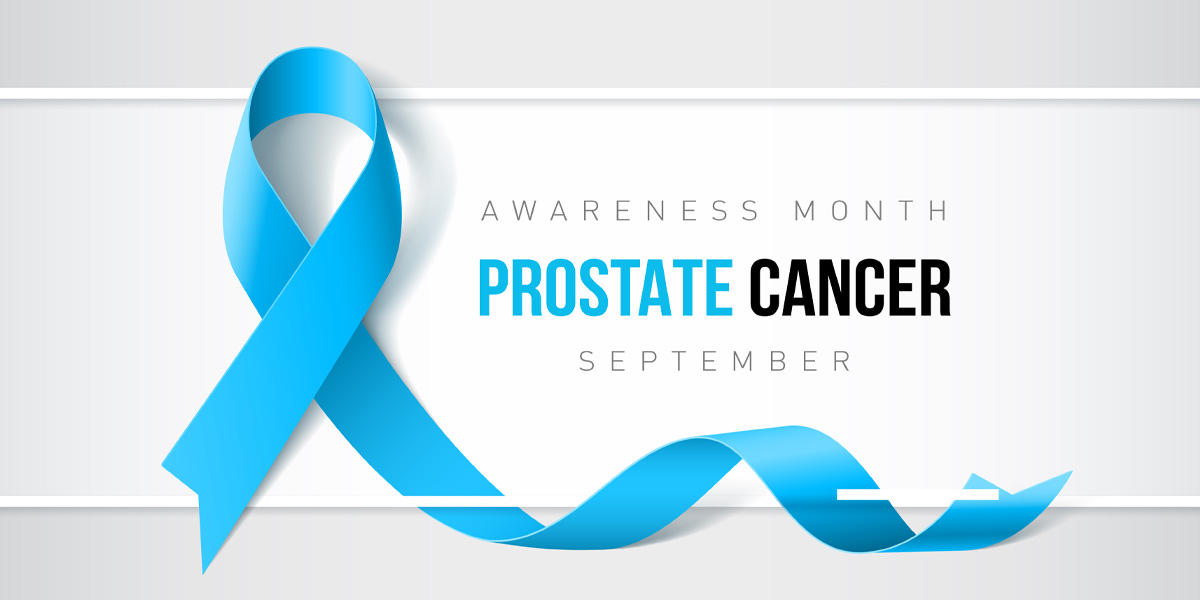
The Risk Factors:
Age
- Age is the most common risk factor.
- After age 50, the chances of prostate cancer increase.
- About 60% of cases are found in men 65 or older.
Race/ethnicity
- All men are at risk when it comes to getting prostate cancer, however, African-American men having a higher chance of getting it compared to others.
- African-American men are twice as likely to die from the disease and more likely to get it at a younger age.
- According to Zero Prostate Cancer, 1 in 6 African American men will develop prostate cancer in their lifetime.
- There are not any clear reasons why these differences occur.
Family History
- According to the American Cancer Society, Prostate cancer tends to run in some families, however, most occur without a family history of it.
- Having either a brother or father with prostate cancer tremendously increases their risk with this disease.
- Having a brother with prostate cancer is much riskier compared to having a father with this disease.
- Higher risk if several relatives had this disease at a younger age.
Symptoms:
- Having trouble with your urination.
- Needing to urinate more often, especially during the night.
- Weak, slow, or interrupting urinary flow.
- Any pain or burning while urinating.
- Blood in the urine.
- Having any pain or stiffness in your lower back, hips, thighs, or pelvis.
- Trouble in having an erection.
- Erectile dysfunction (ED)
- Blood in the semen.
- Less amount of fluid ejaculated.
- Having pain with ejaculation.
Screening
Most men should start being screened at age 50. If you are at a higher risk of prostate cancer, should start getting screened at age 45 or 40 depending how much of a higher risk it is for you.
- The prostate-specific antigen (PSA) blood test.
- Men should be tested every 1-2 years, depending on their PSA levels.
- The digital rectal exam (DRE)
Both of these tests are the most commonly used to screen for prostate cancer. According to the Centers for Disease Control and Prevention (CDC), the purpose of screenings is to find cancers that might be at high risk and to find them early before it spreads.
Discuss with Your Doctor
If you want to learn more about your risk factors, what screenings are right for you, or have any questions and concerns, please speak with your primary care provider.


